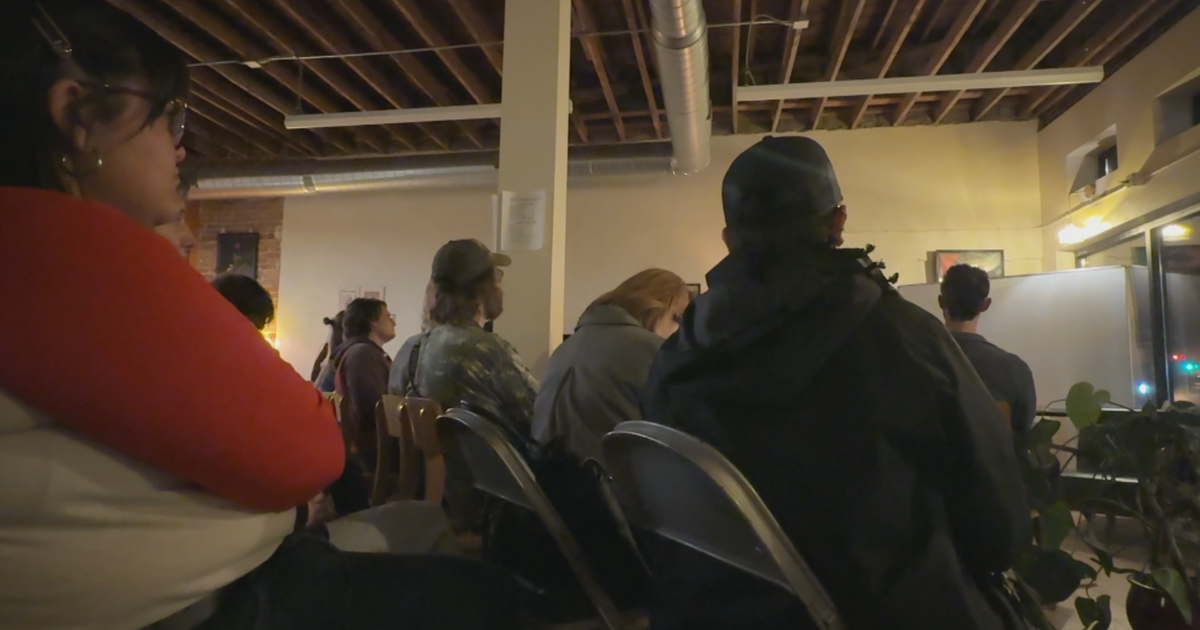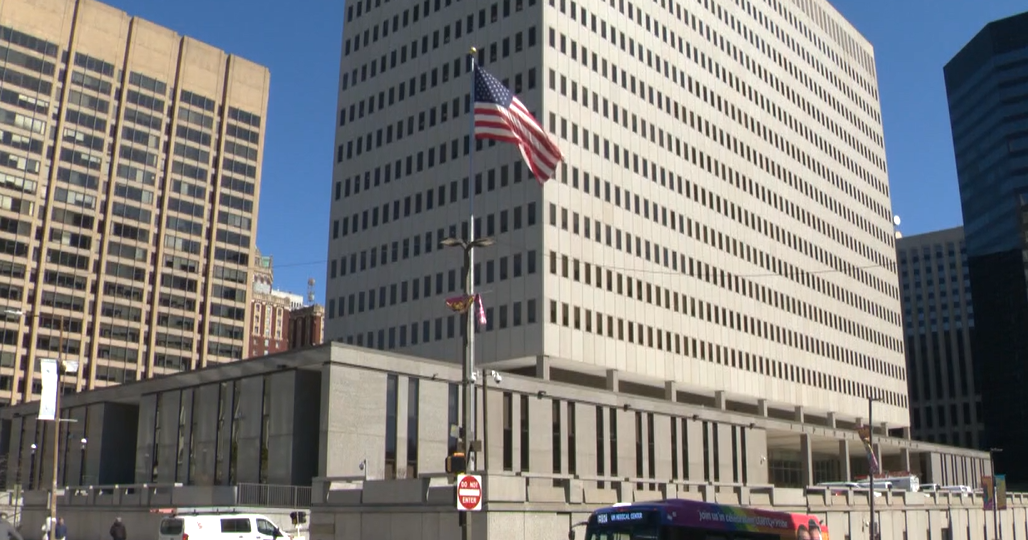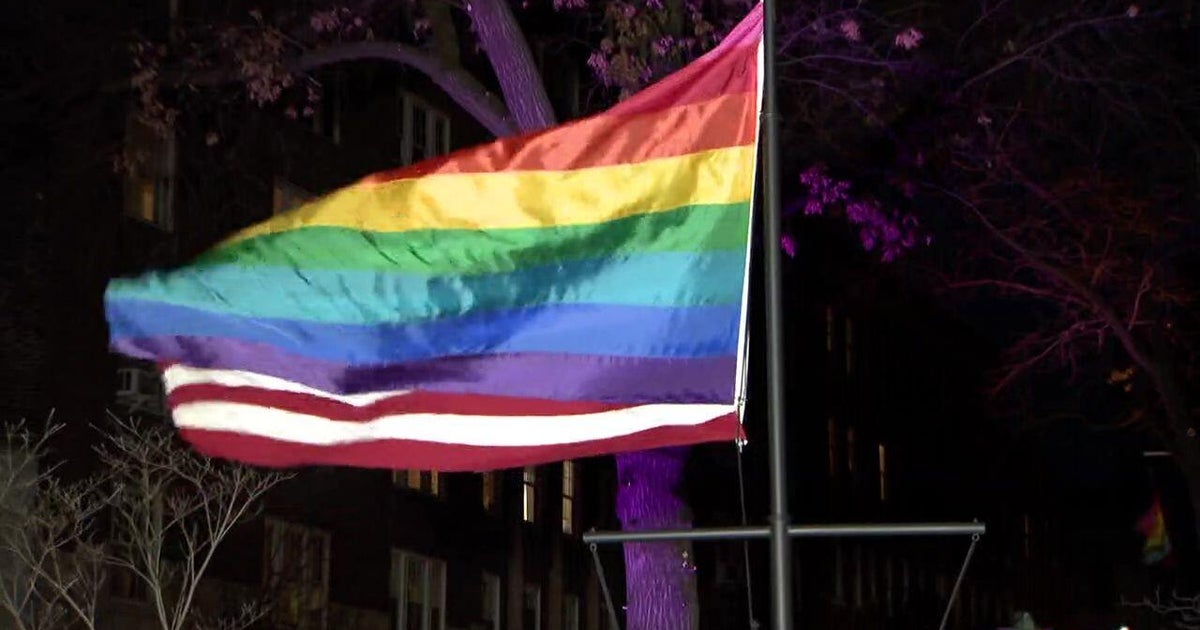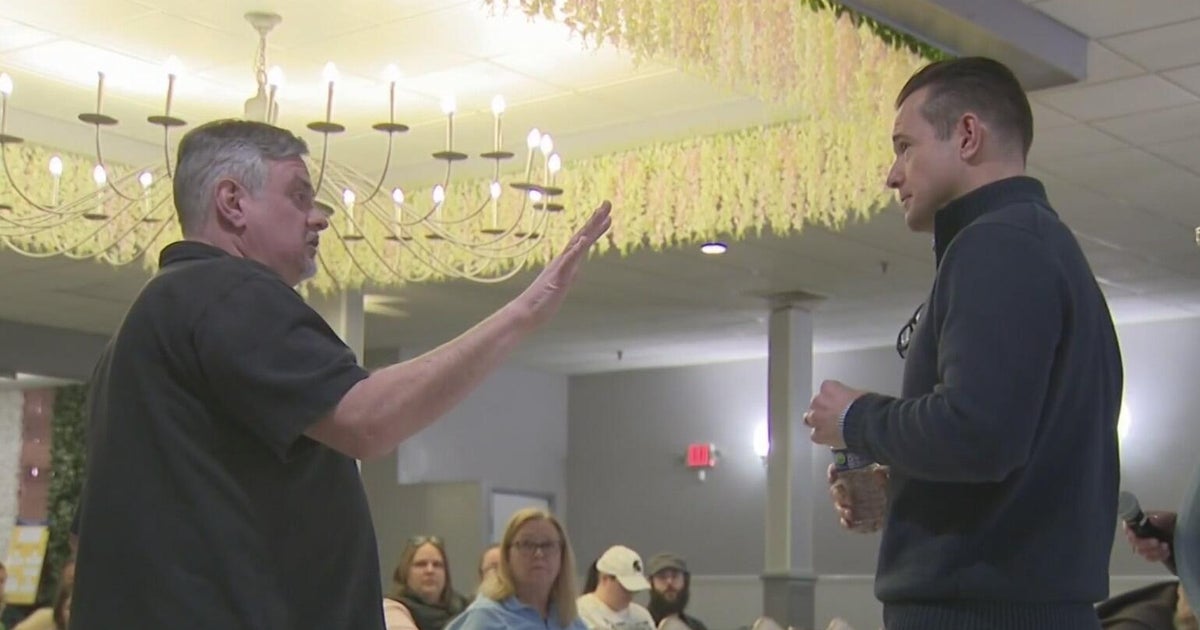GOP Freshmen Share How To Handle Town Hall Anger
ELKTON, Md. (AP) -- U.S. Rep. Andy Harris answers Medicare questions before his Maryland constituents even ask them. Clear across the country, fellow freshman GOP Rep. Paul Gosar does the asking, in very generic terms.
"Did your own personal health care (concerns) get heard?" Gosar asked about 40 people gathered to hear him speak in Tusayan, Ariz.
"No," came the answer.
Democrats are spending big money to generate public outrage at the Republican plan to replace fee-for-service Medicare with government vouchers, but Harris' and Gosar's on-camera town halls were holler-free.
For these two lawmakers, mission accomplished.
The town hall techniques Republicans have honed are no accident.
Gosar and Harris both say the 87-member freshman class routinely trades tips on how to manage, or avoid altogether, the town hall spectacles that Democratic campaign material is made of.
"That's one thing about the freshmen lawmakers, we do talk," Gosar said. "We spend some time (on) `What happened to you, did you have a town hall, how'd it go, what was the major issue of the day, how did you respond?"'
Six months into their jobs, the newcomers are acclimating to their roles, to Congress, to their constituents and to the reality that the 2012 election, when every House member is on the ballot, is under way.
On this year's budget, next year's budget, Medicare and Medicaid changes, national security and the nation's debt, these GOP freshmen are coming to terms with a few facts of congressional life.
Most decisions aren't as simple as the tea party's "cut-it-or-shut-it" motto. The Senate can be maddening. Leaders sometimes must compromise. Revolutionizing Congress doesn't happen overnight.
So when Republican leaders acknowledged that their plan to overhaul Medicare and Medicaid stood no chance of surviving Democrats in the Senate and the White House, the GOP freshmen, so uncompromising in January, did not rebel.
Divided government is just reality. So is this: Democrats already are making the Medicare proposal the leading theme of the elections, with a battery of automated calls and radio ads lambasting Republicans by name.
So the first-termers traded town hall tips on how to defend their votes for the GOP budget and its Medicare plan.
Capitol Hill veterans, the old guard that was part of the same Congress the rookies trashed in the campaign last fall, are
watching with patience as the newcomers climb the learning curve.
Home in Idaho during a recent recess, GOP Rep. Mike Simpson recalled watching television with his wife and seeing footage of a Republican freshman trying to conduct a town hall, and getting hollered at about the GOP's budget.
"Maybe," Kathy Simpson remarked, "they're learning that this job isn't as easy as they think it is."
The freshmen have seen footage like that, too. Some have starred in it.
On May 16, Rep. Ben Quayle showed the GOP's budget presentation, "Path to Prosperity Restoring America's Promise," to about 225 people gathered for a town hall in Anthem, Ariz. Quayle identified Medicaid, Social Security and Medicare as expenses that drive the country's debt and pointed out that the GOP budget proposes to privatize government health care for people under age 55.
When they reach retirement age, they would get a government subsidy to buy private policies rather than participating in the current government-run system.
People held up signs that read, "Hands off our Medicare," and shouted at and challenged each other and Quayle.
"I'm not making these things up," Quayle said at one point, according to the Arizona Republic.
The scene in Maryland was somewhat milder last week for Harris, a doctor and professor who served in the Legislature for 12 years before going to Congress.
After consulting with colleagues, Harris settled on a presentation: show four slides that establish the drag of
entitlement spending on the economy; emphasize that GOP budget proposal would change Medicare only for people under 55; acknowledge that it's a tough plan, but insist that it's necessary if the United States is to remain economically viable.
Then, he asks for questions. He got some, including some challenging the GOP's opposition to canceling tax breaks for rich people and oil companies. But on Medicare? None.
"What we find is that if we explain those to people, they usually don't have any more questions about it," Harris said
later.
It didn't work that way at an earlier town hall meeting in Ocean City.
Resident George Benton told Harris that the GOP budget plan would "kill Medicare as we know it," according to Ocean City
Today.
Thousands of miles away in Tusayan, Gosar doesn't bring up Medicare by name and doesn't get any questions on it, even though he's one of the Democratic Congressional Campaign Committee's targets.
"Congressman Gosar has made all the wrong choices," reads the script of an automated call to Gosar's constituents and those of 41 other House Republicans who voted for the GOP budget plan. "He actually voted to end Medicare, rather than end taxpayer giveaways for Big Oil."
Gosar, a dentist who represents a sprawling district that takes up more than half the state, says he brings up health care at his town halls "because this is near and dear to me. When I ran I saw we need reform, but I don't like the reform that was forced upon us" by President Barack Obama's health care law.
(Copyright 2011 by The Associated Press. All Rights Reserved.)







